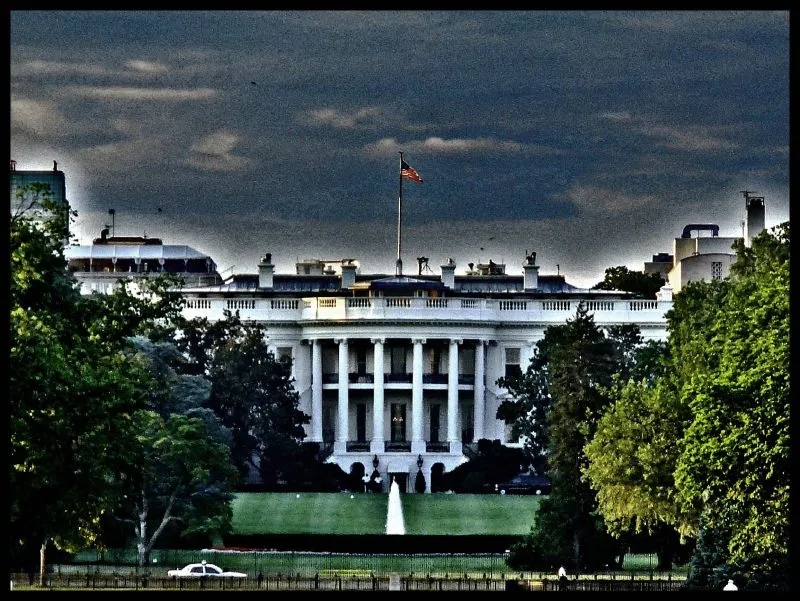Declaring a constitutional crisis is futile: The substance of democracy is what matters

Disclaimer: Opinions expressed in this commentary are those of the authors and do not necessarily represent the institutional position of International IDEA, its Board of Advisers or its Council of Member States.
In the long-running American version of the workplace sitcom “The Office,” there was an episode in which the naïve and incompetent manager of the titular office found that his personal financial profligacy had caught up with him. A colleague advised him to declare bankruptcy. So, he did. He walked out in the open-plan office, and shouted “I declare bankruptcy!” Of course, this was of absolutely no help in resolving his financial problems. The current debate about whether or not the United States of America is presently experiencing a constitutional crisis, or will do so soon, has much in common with this shouted declaration of bankruptcy. In fact, it may actually be less productive.
A constitutional crisis is often understood to exist when there is a conflict between branches of the government that appears to be unresolvable. Some scholars define the idea more narrowly as a “a turning point in the health and history of a constitutional order.” How ever it is defined, the declaration of the existence of a constitutional crisis has no legal effects. Unlike a properly filed bankruptcy, a constitutional crisis is not a legal situation. As such, declarations of the existence of a constitutional crisis will do nothing to address the problems that precipitated the “crisis.”
Instead, we need to be clear about what the government is doing and not get bogged down in debates about how much inter-branch conflict is required for such a “crisis” to exist. It is sufficiently clear already that democracy is at risk. In contrast with the bankrupt manager, those who would support and defend democracy in the United States of America need to keep the receipts. The substance of what is happening and the impact of these events on democracy should attract our attention. A constitution is more than its text, and there is no doubt that the extratextual norms that form the broader substance of the US constitution are being systematically violated and cast aside. This superficial adherence to law but violation of norms is well illustrated by the appointment of political allies (rather than ostensibly non-partisan figures) to key roles in the Federal Bureau of Investigation and the Department of Justice. As recent litigation has suggested, the black-letter law of the constitution is likely being violated as well.
Even so, matters such as “due process” are unlikely to attract the abiding attention of US-American voters, and it is unlikely that consensus among scholars that a constitutional crisis exists would do much to change opinions. Nor would the details of much of what the Trump administration has undertaken. The foreign aid that the administration has cut had only tepid support overall (and is opposed by a majority of Republicans), and US-Americans consistently (and vastly) overestimate the percentage of the federal budget that it consumes. Similarly, and sadly, immigrants are not a popular group of people in the United States today, and the government’s recent efforts to expel immigrants (including lawful permanent residents) are unlikely to provoke widespread reaction among the voting public.
One thing that US-Americans of all partisan affiliations have consistently supported is democracy. Democracy (or a republican form of government) forms a central part of the founding ethos of the country, and has been a value for which many have given their lives throughout the country’s history. When the executive branch usurps the power of Congress through claiming new powers over spending or effectively abolishing parts of the government that Congress has created, it deprives the people of the fundamental democratic principle of popular control of the government (as exercised by their elected representative in Congress). When the executive branch acts capriciously and abuses its powers to regulate immigration in revoking the legal status of those whose views it finds inconvenient, it deprives the people of the fundamental democratic principle of equality of respect and voice. Moreover, one of the fundamental motivations of the US Constitution is to divide power between co-equal branches, and use countervailing institutions to protect the fundamental freedoms of the people.
The legal question of when a constitutional crisis has well and truly arisen is not helpful. The ways in which democracy is threatened – for all Americans – must be clearly documented in ways that are accessible and valuable to ordinary people.




